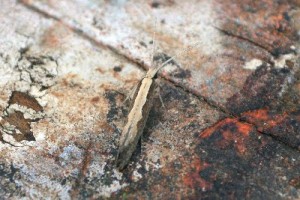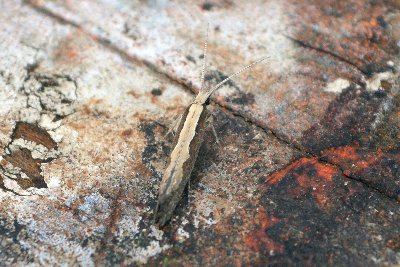
The larvae of the invasive diamondback moth are a major best of Brassica plants and are becoming resistant to pesticides. A new study explores biological control by parasitic wasps. (Photo credit: Andy Reago and Chrissy McClarren, via flickr. License under Creative Commons.)
The larvae of the invasive Diamondback Moth are a major pest of garden plants like cabbage and broccoli and have become resistant to many pesticides. One alternative is biological control: parasitic wasps lay eggs in the caterpillars which hatch into larvae that devour the caterpillars from the inside. A new paper by a Canadian high school student compares the predation rates of two species of parasitic wasps and determines that one is much better suited for this type of biological control than the other.
Original research article published in The Canadian Field-Naturalist on December 10, 2013
Names and affiliations of selected authors:
Adamo Young, Ottawa
Additional resources:
Press release and photos from The Canadian Field-Naturalist.


